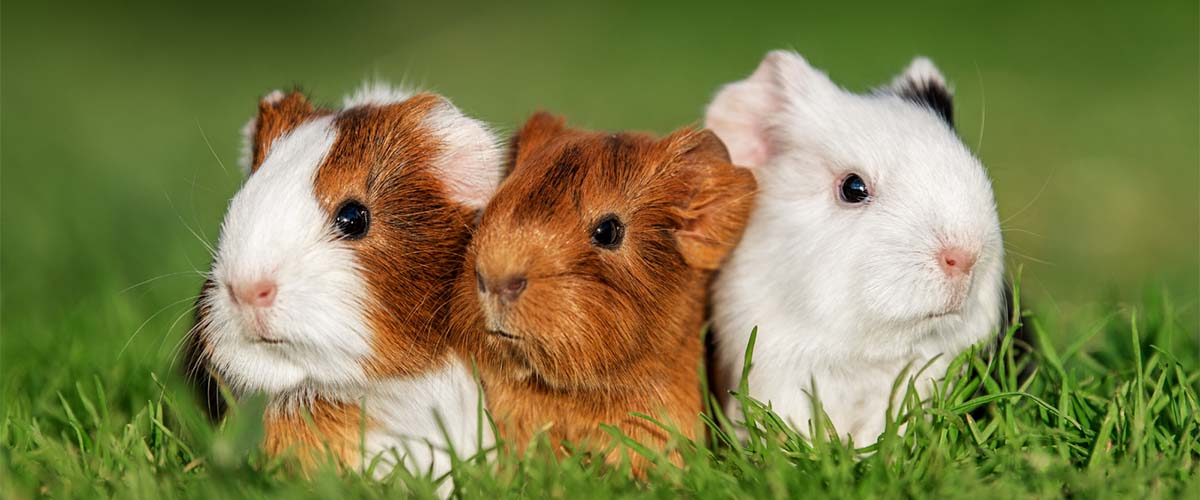Your ferret’s diet
Ferrets are ‘obligate carnivores’ – this means that they have to eat meat to stay healthy as it contains important nutrients they can’t get from other types of food. The best diet for your ferret will be one that’s as natural as possible.
Ferrets turn food into energy very quickly and have a short gut. This means food passes through them quickly and then need to eat every few hours. You can weight out their day’s allowance of food and leave it in their bowl so your ferret can pick at it throughout the day.
Top tip: ferrets can’t digest lactose (a sugar found in dairy products like milk and cheese) or carbohydrates (found in starchy foods like rice, potato and bread) so don’t give them food with these in the ingredients.
The ideal diet for your ferret will include:
- Commercial ferret nuggets. These will contain the full range on nutrients you ferret needs. You can buy these in pet shops.
- You could also feed your ferret a raw food diet. If you choose this for your ferret, make sure you feed your ferrets a ‘whole prey diet’ – one where they eat the whole small animal, including the organs and bone.
- Vitamin pastes and oils. Ferrets love these and they can be great for their health. Use them in small amounts as a training treat.
- Occasional treats, such as boiled egg or cooked chicken.
- Constant access to fresh, clean water. Water bottles with a metal spout are ideal but ferrets can also drink from bowls. Make sure it’s a heavy bowl which they can’t tip over as ferrets can be messy with their food and water!
Make feeding fun
Ferrets are natural puzzle-solvers and will love to search for their food. Make the most of this natural behaviour to help keep them active and stop them from getting bored.
- Hide some of their food in tunnels or around their enclosure so they have to search it out.
- You can fill a Kong toy with their regular food or with a special treat. You ferret will enjoy figuring out how to get to all the food.
Why is my ferret putting on weight?
Like any animals, ferrets can put on weight if they eat too much and don’t get enough exercise. It’s a good idea to keep an eye on your ferret’s weight.
However, ferrets also put on weight before winter so they have enough fat stored away to get them through the colder months. This is natural and you shouldn’t worry about a bit of winter weight gain. They’ll lose it again in spring.
If you ferret is putting on weight over summer, or if they don’t lose their winter weight, adjust their diet to help them slim down. The easiest thing to do is to cut down on treats and weigh out all food each day to make sure they’re getting the right amount. If you’re worried that your ferret is gaining or losing too much weight, speak to your vet.

